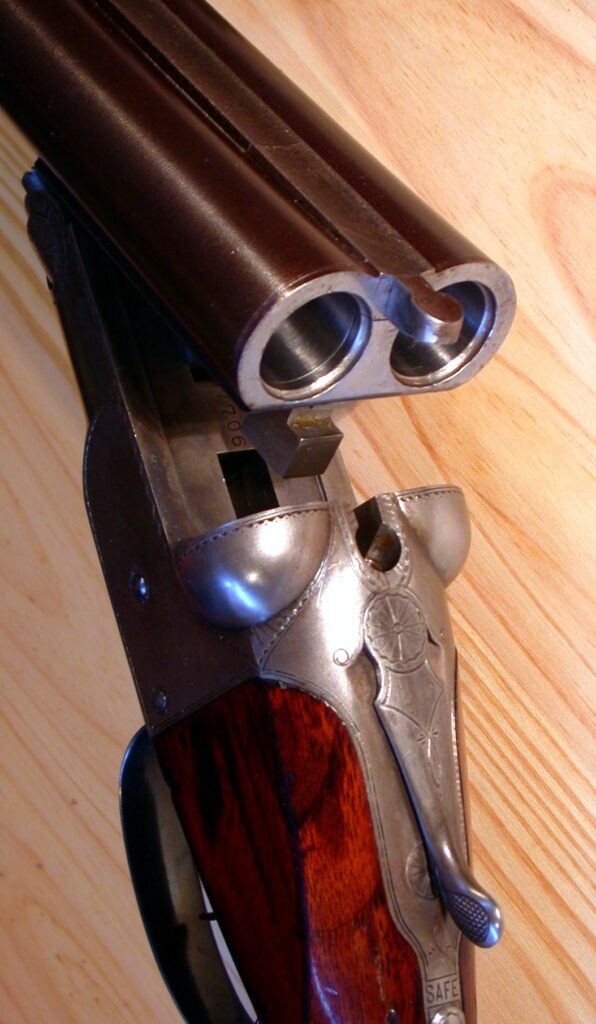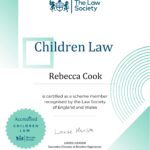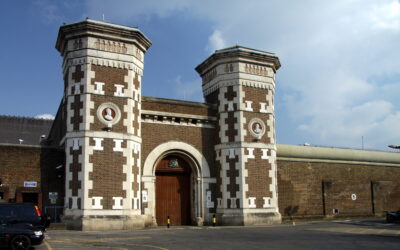
Image credit: “Colt Model 1883 Shotgun” by Hmaag is licensed under CC BY-SA 3.0.
Appeals in relation to the removal of firearms licenses are heard in the Crown Court and the practice and procedure surrounding such hearings has been settled for many decades.
In a recent case the question arose as to whether a Crown Court has the power to receive evidence in secret.
The Facts
Trevor Scott, held a shotgun certificate until 5 August 2019. On 1 May 2019 and then on 30 July 2019, police officers visited him at home. On both occasions, officers noted that Scott was aggressive towards officers, and was controlling over his partner. All officers expressed concern about him being in possession of a shotgun.
Police Sergeant Jason Przedborski is an experienced officer, with 28 years’ service at the time he made his witness statement in April 2022. He is one of six police sergeants in the Metropolitan Police Service Firearms Enquiry Team, holding the delegated authority of the Commissioner to make decisions on firearms and shotgun matters under Part 2 of the Act.
In the period before 5 August 2019, PS Przedborski became aware of sensitive information, disclosure of which, he considered, would cause damage to the public interest.
As he puts it, “it is not possible for me to say anything about it without potentially disclosing its nature.”
In the light of the sensitive material, PS Przedborski decided that Mr Scott could not be permitted to possess a shotgun without danger to public safety, and on 5 August 2019 wrote to [Scott] informing him of the decision to revoke his shot gun certificate, with immediate effect.
As Sergeant Przedborski makes clear, the sensitive material “played a very significant role in my decision”.
At a preliminary hearing on 14/01/2022, before HHJ Barklem and justices, an application was made by the claimant to permit a procedure similar to a ‘closed material procedure’ whereby the sensitive material, withheld from the appellant, might be relied upon by the claimant in resisting the appeal.
It was accepted by the claimant that there was no express statutory basis for the procedure in the Firearms Act 1968.
The claimant argued that, by reference to the statutory guidance under which the Claimant is obliged to operate, and with reference to authority, such a course was open to the court.
On 14 February 2022, HHJ Barklem, who had sat with two lay justices, handed down a judgment rejecting the application.
The Police appealed that decision.
What did the High Court decide?
The court decided that the Crown Court could receive ‘closed material’ in evidence. This was due in the main to the wording of s 44(3A) Firearms Act 1968 which provides that:
“(3A) The court ….. hearing an appeal must have regard to any guidance issued under section 55A that is relevant to the appeal.”
Given that closed material was specifically referenced in the statutory guidance, the court saw no reason as to why, in principle, it ought not to be admitted.
The court did however issue these words of caution:
“It will be evident that a CMP should only be considered where it is critical for the fair disposal of a firearms appeal. The existence of the jurisdiction in such cases emphatically does not mean that such a procedure should become the norm. The starting point in every case should be that the approach laid down in Mason should be followed. In particular, the respondent to such an appeal must consider most carefully whether the appeal cannot properly be resisted without reliance on sensitive material, even where such exists and has been relied on in reaching the decision challenged.”
A suggested procedure for the hearing of such evidence was provided in an annex to the judgment.
As always, our specialist criminal & regulatory lawyers can advise in relation to any aspect of firearms licensing and appeals.
How can we help?
We ensure we keep up to date with any changes in legislation and case law so that we are always best placed to advise you properly. If you would like to discuss any aspect of your case, please contact any member of our vastly experienced Criminal Defence team, for assistance with any criminal law related matter.
–
Mr John Stokes (John.Stokes@danielwoodman.co.uk),
Miss Sarah Turland (Sarah.Turland@danielwoodman.co.uk),
Mr Anthony Pearce (Anthony.Pearce@danielwoodman.co.uk) or
Mr Daniel Woodman (Daniel.Woodman@danielwoodman.co.uk).









